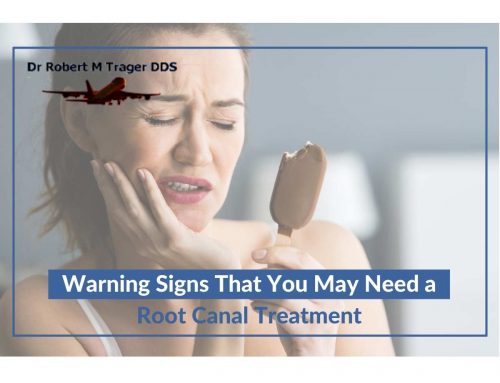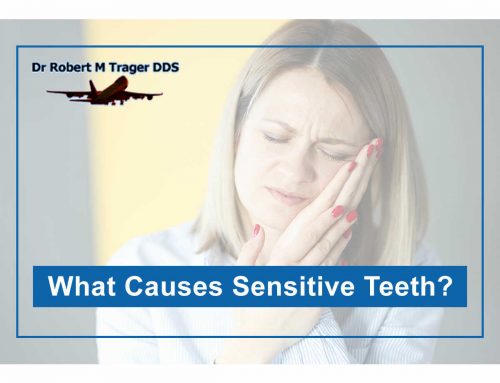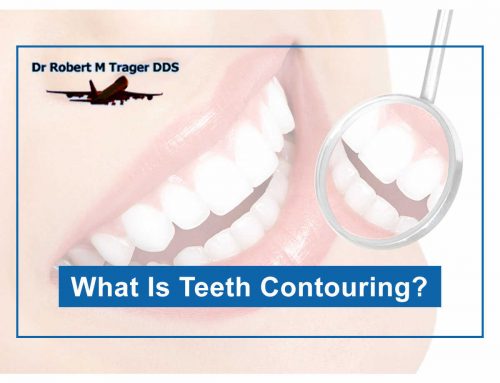There’s no denying it – many foods with sugar in them taste SO good. You’re feeling bliss from the moment that you take your first bite to when you finish the meal. But while you’re savoring what you’re eating, there’s that nagging feeling that you are also doing something to contribute to possible cavities in your mouth. You are – if left unchecked, sugar can wreak havoc on your mouth and other parts of your body.
But what exactly is going on when you eat these foods as opposed to “healthier” alternatives? Why does this erode the enamel of your tooth and some others don’t? It can seem like a real head-scratcher.
Wonder no more. Here are some answers to the question: “How Does Sugar Affect My Teeth?”
The Chemical Reaction
It’s not the sugar itself that causes the decay – it’s what happens once it mixes with your saliva. That creates a molecular reaction that includes bacteria and it can result in plaque on your teeth. If you don’t watch it, that plaque can turn to tartar and start gum disease – which starts off mild and reversible in the form of gingivitis, but can rapidly turn into periodontitis, which is not reversible. Then you will find yourself needing a deep cleaning or more.
The situation can be especially bad if you are doing something like drinking sugary soda. You’re pretty much subjecting your teeth to wave after wave of a chemical attack since the sugar lingers on the teeth for 20 minutes at a time – and that is per mouthful. So, an afternoon at the pool can lead to some big damage to the outer layer of your teeth and ultimately result in cavities.
Ways To Handle It
Fortunately, there are ways to fix it. The main way is to drink the most abundant thing on this planet – water. Swish out your mouth with it as you take a gulp. That will do a big part in washing away any sugary residue. It’s important to stay hydrated anyway- the sugary drink may shortly slake your thirst, but you will get those thirst pangs again much faster than if you drank water.
Brush your teeth as soon as possible after you’ve eaten too. Not too soon, though, since that can actually damage the enamel, too, which has been softened. But make it a priority to do it after a half hour or so. Do the water rinse first to help clean things up and then then do the tooth brushing. This can go a long way to ensuring that your enamel stays clean.
Other Things To Consider
Sugar can affect so many parts of your body, so it’s in your best interest to not only take care of your teeth but the rest of you – since constant excess sugar can cause everything from diabetes to wrinkly teeth. Don’t have it as part of your everyday diet – space out the sugary treats so that they are just that… a treat. Use them as a reward for taking good care of yourself the rest of the time. Then you can really appreciate them.
The important thing to remember is to be consistent with your dental routine. This is the strongest defense against having any tooth problems from eating those sweets. Brush your teeth twice a day, floss once a day and also use a mouthwash. Drink a lot of water in between those sugary foods or drinks. That can help wash away the sugary coating.
Yes, it can be hard to avoid those cravings. If you do the above tips, you can indulge in these sweets and greatly minimize any chance of getting a cavity. Discipline is the key – and you also want to treat your body right by also getting enough sleep and exercise, since sugar can affect your body too. Doing all of those will help you be able to enjoy that pack of chocolate candies or any other sugary confection with a lot less guilt.
Dr. Robert M. Trager has seen what sugar can do to people over the course of his dental career. He’s always glad to give pointers on how to eat healthy and also brush properly. Come see him at JFK-LGA Dentist – call 718-656-4747 to make an appointment today!
Published By:
Dr. Robert M. Trager
JFK Airport
Building 14 West Wing,
Jamaica, NY 11430
Phone: 718-656-4747
Website: https://jfk-lga-dentist.com







